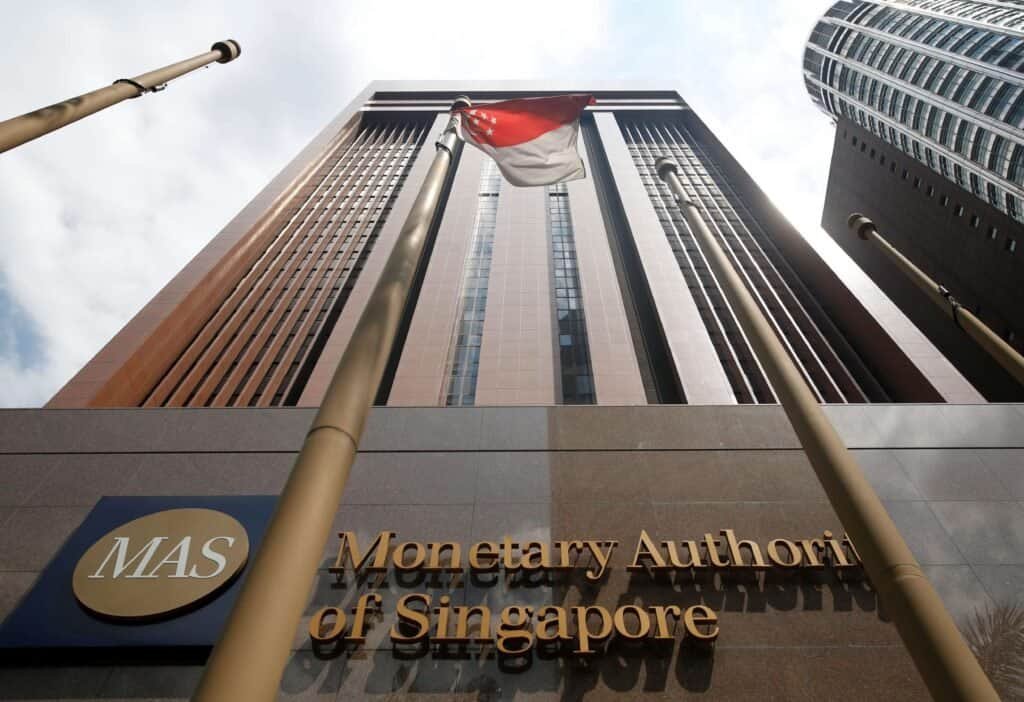Singapore’s pristine image as a global finance hub has taken a serious hit. On July 4, the Monetary Authority of Singapore (MAS) announced it had fined six major banks and three other financial firms a total of S$27.45 million (US$21.5 million) for their failure to prevent one of the largest money-laundering schemes in the country’s history, involving over S$3 billion in criminal proceeds.
This marks the largest anti-money laundering penalty since the 1MDB fallout in 2017, raising questions about how Singapore’s top banks missed red flags, and whether similar risks may still be hiding in plain sight.
🏦 The banks and firms under scrutiny
The financial institutions penalized by MAS include top global names like UBS, Credit Suisse (now part of UBS), Citibank, UOB, Julius Baer, and LGT Bank. Alongside them, brokerage UOB Kay Hian, asset management firm Blue Ocean Invest, and Trident Trust Company were also hit with substantial fines.
Here’s a breakdown of the penalties:
- Credit Suisse: S$5.8 million
- UBS: S$3 million
- Citibank: S$2.6 million
- UOB: S$2.4 million
- Julius Baer: S$1.8 million
- LGT Bank: S$1.6 million
- UOB Kay Hian: S$2.85 million
- Blue Ocean Invest: S$1.8 million
- Trident Trust: S$1.8 million
The fines follow months of internal audits and site inspections, revealing major lapses in how these institutions handled high-risk clients.
🔍 The scheme behind the scandal
The dirty money, amounting to more than S$3 billion, came from illegal online gambling operations and transnational scams. Ten foreign nationals, mostly of Chinese and Cambodian origin, were arrested during a sweeping police raid in August 2023 that stunned the financial sector.
Authorities confiscated assets including luxury real estate, high-end vehicles, designer watches, and cash—all tied to accounts that moved suspicious sums through Singapore’s banking system between 2020 and 2023.
According to MAS, the banks failed to conduct adequate customer due diligence, did not properly verify the source of funds, and neglected transaction monitoring obligations. In some cases, forged documents were accepted without further verification.
⚖️ Enforcement signals and industry response
In addition to the fines, MAS has banned four individuals from working in the financial sector, and two former employees—one each from Citibank and Julius Baer—are facing criminal charges for allegedly falsifying documents and aiding in the laundering process.
UBS acknowledged the findings and said it had cooperated fully with regulators. UOB stated it had launched a comprehensive remediation program and “committed significant investments to strengthen internal controls.” Citibank has not issued a formal comment yet, but sources say compliance teams are undergoing retraining.
MAS made it clear this is not the end of the cleanup. The central bank stated:
“The financial institutions have embarked on remediation of the deficiencies, and MAS will monitor their progress closely.”
The message is clear: enforcement is escalating, and financial institutions can no longer afford to treat AML requirements as box-checking exercises.
🌏 Singapore’s credibility at stake
Singapore has long marketed itself as Asia’s safest and most trusted private wealth center, attracting high-net-worth individuals and family offices from across the world. But this case has highlighted serious structural weaknesses, especially in onboarding processes and real-time risk detection.
The fallout is expected to extend beyond just reputational damage. International regulators, including the Financial Action Task Force (FATF), may scrutinize Singapore’s AML framework more aggressively in upcoming reviews. Banks across Southeast Asia are also tightening internal controls in response.
While the 1MDB scandal embarrassed multiple jurisdictions years ago, Singapore had largely escaped the worst of that fallout. This time, however, the spotlight is directly on its own compliance architecture—and the pressure to get it right has never been higher.



